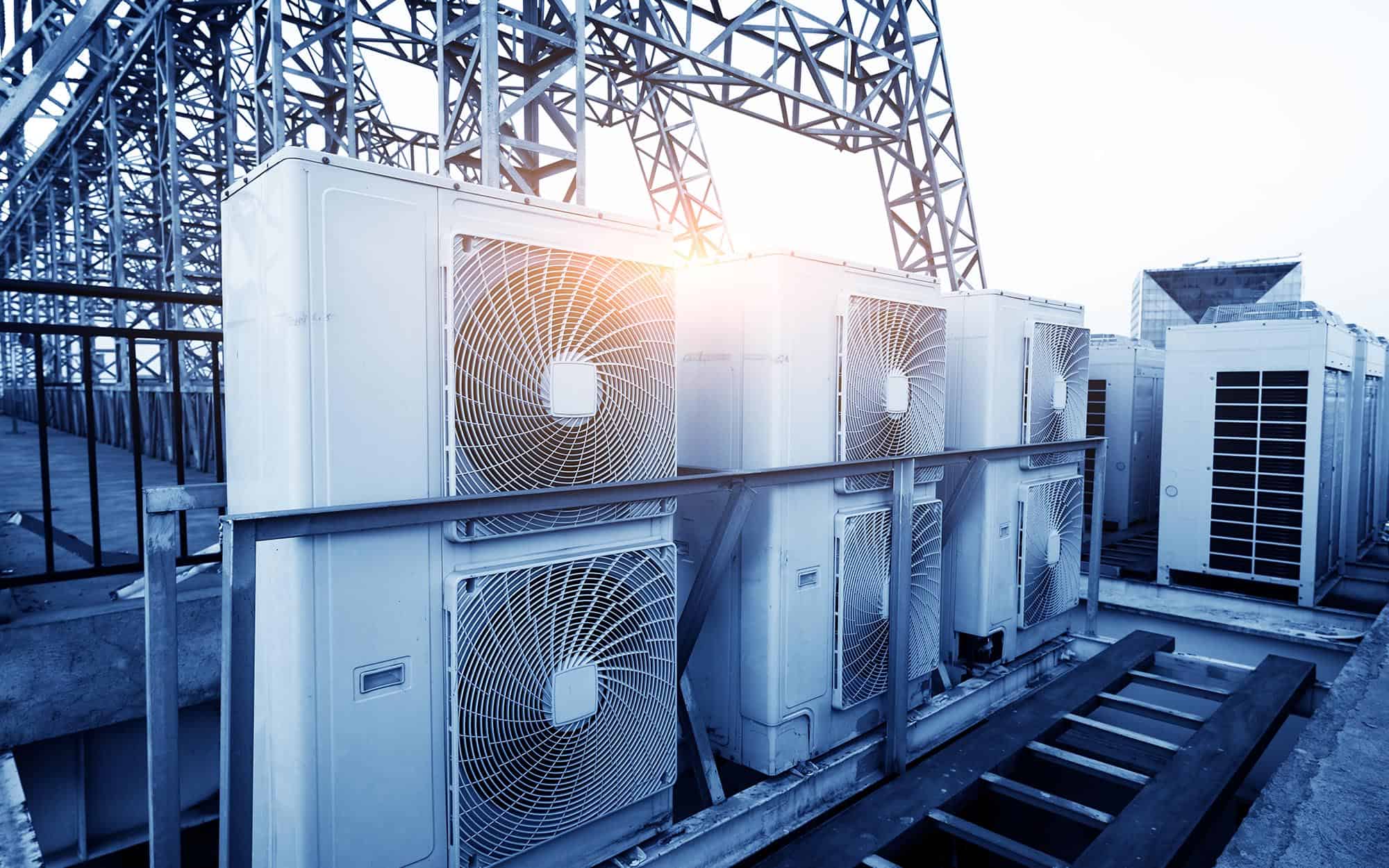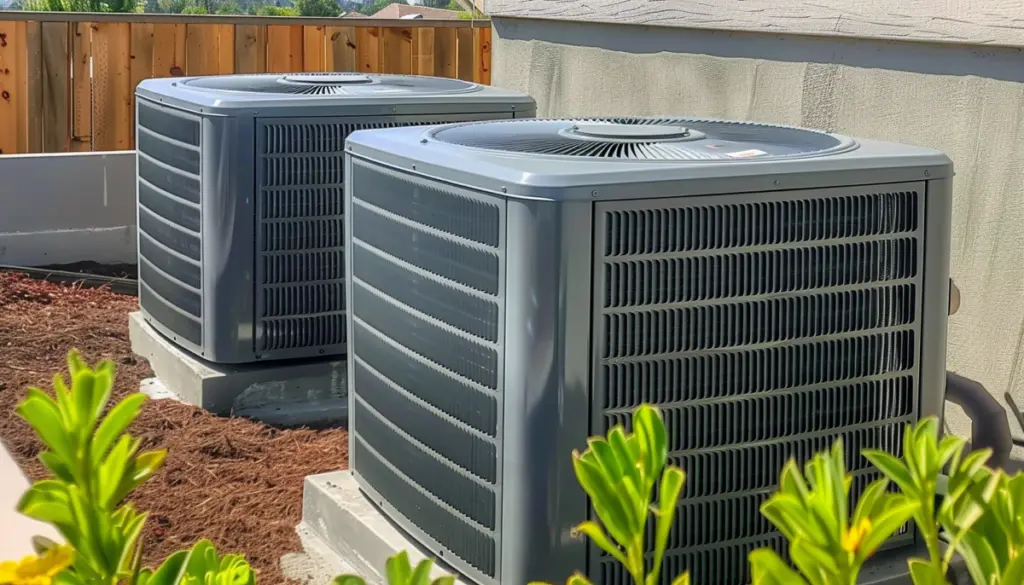Reliable Hvac Services For Efficient Heating And Cooling Solutions
Your Overview to Selecting the Right HVAC System for Your Needs
Picking a proper a/c system is an essential decision that can considerably affect comfort and energy efficiency in your house. Different elements must be considered, including the dimension of your home, local environment conditions, and specific home heating or cooling needs. In addition, comprehending the different kinds of systems offered and their energy rankings can aid lead your selection. By examining these components meticulously, you can prevent typical pitfalls. What crucial considerations should you focus on to ensure your investment satisfies both long-lasting and instant requirements?
Understanding A/c System Kind
When selecting a heating and cooling system, it is necessary to recognize the numerous types available to meet your details demands. The key groups of HVAC systems consist of main air conditioning systems, ductless mini-split systems, heatpump, and heating system systems.
Central air systems are created to cool down several rooms utilizing ductwork to disperse conditioned air. They are perfect for larger homes needing regular temperature control. Ductless mini-split systems, on the other hand, supply adaptability and efficiency, as they permit zoning capacities, allowing individual room temperature law without the requirement for ductwork.
Warmth pumps operate by transferring heat instead than creating it, making them an energy-efficient option for both heating and air conditioning. Conversely, heater systems make use of burning to generate warmth, using either electricity, gas, or oil.
Each system has unique benefits and factors to consider, consisting of installment needs, upkeep, and overall costs. Understanding these kinds will certainly assist homeowners make notified choices based on their particular requirements, climate, and budget restraints, eventually ensuring ideal convenience and performance.
Assessing Energy Effectiveness
Power performance is a vital variable in the selection of an A/c system, as it straight impacts both utility expenses and ecological sustainability. The Seasonal Energy Effectiveness Ratio (SEER) and the Home Heating Seasonal Efficiency Element (HSPF) are important indications for air conditioning systems, representing their performance over a typical cooling and home heating period, specifically.
Additionally, search for systems that have actually gained the power STAR label. This accreditation symbolizes that the tools meets strict power effectiveness guidelines set by the united state Epa. Consider the system's variable-speed innovation, which enables for extra reliable procedure by changing the outcome to match need, further enhancing energy savings.
Furthermore, appropriate insulation and duct sealing can substantially influence the system's general effectiveness. In recap, selecting an energy-efficient cooling and heating system not only lowers your energy costs yet additionally adds to an extra lasting setting, making it a crucial factor to consider in your investing in procedure.
Assessing System Dimension
Choosing the suitable size for a HVAC system is essential to ensuring optimal efficiency and performance. A small system might have a hard time to maintain desired temperature levels, causing boosted deterioration, higher power usage, and decreased comfort. Conversely, an extra-large system can cause fast cycling, which not just triggers inefficiencies yet additionally impacts humidity control and air top quality.
To evaluate the perfect sizing, it is important to perform a tons calculation, which takes into consideration aspects such as the square footage of the room, insulation degrees, window dimensions, and local environment conditions - boilder repair. This calculation aids figure out the British Thermal Units (BTU) needed for cooling and heating. Furthermore, it is vital to represent specific demands, such as the number of owners and the existence of heat-generating devices

Setup Expenses and Spending Plan
A comprehensive understanding of installation expenses is necessary for home owners and businesses thinking about a brand-new cooling and heating system. The complete expenditure of installment can vary widely based on several elements, including the sort of system, the complexity of installation, and the location of the home. Typically, setup costs can range from $3,000 to go to my site $10,000, depending on the system's size and performance.
When budgeting for a heating and cooling system, it is critical to take into consideration not just the preliminary setup expenses but additionally any kind of added costs that may occur, such as ductwork modifications, electric upgrades, or authorizations. Furthermore, it is a good idea to acquire multiple quotes from licensed cooling and heating service providers to make sure competitive pricing.
House owners must also factor in the potential long-term savings related to energy-efficient systems. While the in advance expenses might be higher, energy-efficient designs can result in significant cost savings on utility expenses over time.

Maintenance and Durability Considerations

Correct upkeep consists of routine inspections, filter substitutes, and cleansing of coils and air ducts (air duct cleaning coquitlam). Disregarding these jobs can cause reduced effectiveness, enhanced energy costs, and premature system failing. Home owners must likewise think about the availability of solution contracts, which frequently provide scheduled maintenance and priority solution, making certain that the system stays in peak condition
Longevity differs by system kind; for example, well-maintained air conditioning devices can last 15 to twenty years, while heat pumps might have a life-span of 10 to 15 years. Choosing a system with a strong online reputation for dependability, along with purchasing normal maintenance, can significantly boost the system's sturdiness. Discover More Here Additionally, going with higher-efficiency designs may bring about long-lasting savings on power bills, stabilizing the preliminary financial investment gradually.
Conclusion
In verdict, choosing an appropriate a/c system necessitates mindful consideration of numerous elements, consisting of system types, power efficiency, and dimension. Evaluating setup costs and long-lasting upkeep requirements is crucial for guaranteeing optimum performance and cost-effectiveness. Involving with HVAC experts can give important understandings and tailored suggestions that straighten with particular home heating and cooling down needs. Eventually, an educated decision will certainly boost comfort and effectiveness in household environments while optimizing power savings.
Picking an appropriate HVAC system is a vital choice that can substantially influence convenience and power performance in your home.Power performance is a critical factor in the selection of a HVAC system, as it directly affects both energy costs and environmental sustainability. The Seasonal Power Effectiveness Proportion (SEER) and the Heating Seasonal Performance Element (HSPF) are important indicators for air conditioning systems, representing their efficiency over a typical cooling and home heating period, specifically. Choosing a system with a strong credibility for reliability, along with investing in regular upkeep, can dramatically improve the system's toughness.In final thought, selecting an appropriate HVAC system demands mindful consideration of numerous factors, including system types, energy performance, and dimension.